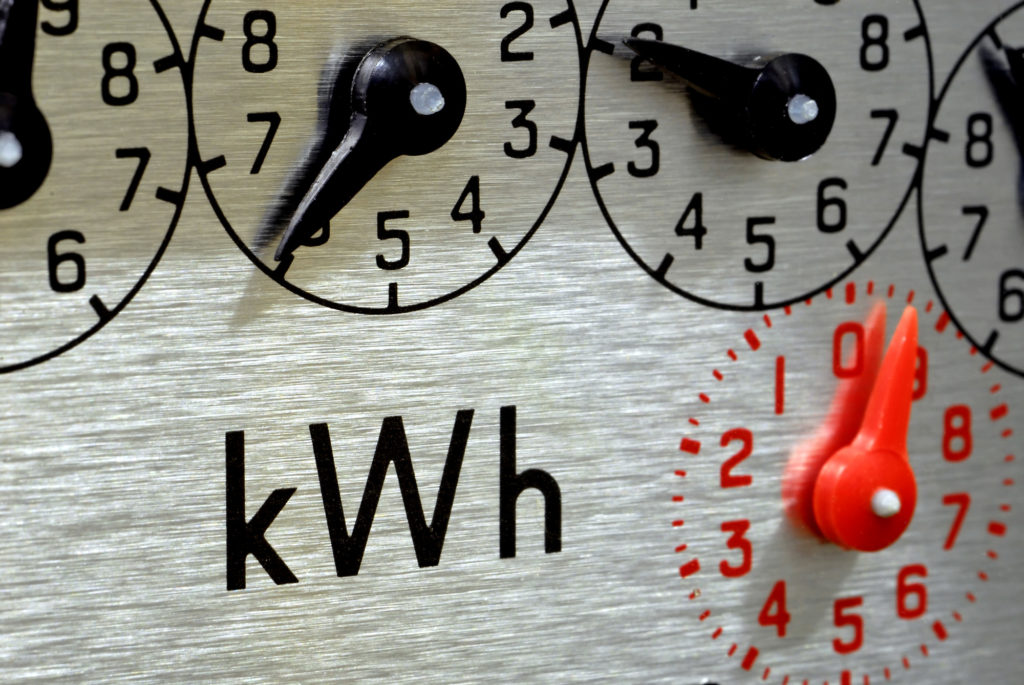
Power outages cost the U.S. economy 150 billion dollars in 2014. In fact, an International Business Times report revealed that the U.S. had more blackouts than any other developed country.
A power outage, even if it’s just for a few hours, can have a devastating impact on your business. Even though the electricity stops, the work does not.
To keep your successful business running smoothly even during a power outage, you should consider purchasing a commercial generator.
A commercial generator can keep the lights on during a natural disaster or during any power outage. Not sure what kind of generator your business needs? Read this handy guide for choosing a generator.
How Does a Commercial Generator Work?
A commercial generator, also called an industrial generator, is built stronger and more durable than typical portable generators. The steel material is thicker. The engine is built larger. The internal workings are equipped to power larger buildings.
Things to Consider When Choosing a Generator
Type
Depending on the size of your business, you may need a single-phase generator or a three-phase generator.
Single-Phase
A single-phase generator is usually best for homes, but if you own a small business, a single-phase generator could be enough to power your business.
These generators are best for powering electronics, not heavy machinery. Single-phase generators can produce 240 volts and can have powerful Kubota-powered engines.
Three-Phase
If you have a larger business or a building that operates heavy machinery, a three-phase generator would be the best option.
Fuel
There are a couple of different options for fueling your generator.
Diesel
Diesel generators can be expensive to fuel. However, they can be worth it if you have no access to a natural gas pipe.
Natural Gas
Natural gas is the most convenient and popular option because the gas comes from a connected pipe.
However, the pipeline should be set up by a professional since gas leaks are dangerous. Also, you might want to consider other fuel options if you live in an earthquake-prone area.
Budget
Generator costs will vary depending on the needs of your business. Although the initial upfront cost may be high, it can be worth it if you think about all the money your business will save when an outage happens.
Smaller generators can start under $10,000 and larger ones can cost around $125,000 or more.
Noise
Generators can be loud. If you live in an area where that can be a disturbance for residents, you may want to consider paying more for a quiet model.
Other Features
Safety Features
Safety switches are an important feature to have. These switches can be turned on when the power is too much to avoid the generator blowing a circuit.
Automatic Start
You can purchase a generator that will start automatically once the power is out. This feature can save precious minutes during a power outage.
A Backup Generator Will Give You Peace of Mind
If you have a commercial generator for your business, you will feel better knowing that your business is protected in case of an emergency.
Want to learn more? Check out our business blog.

